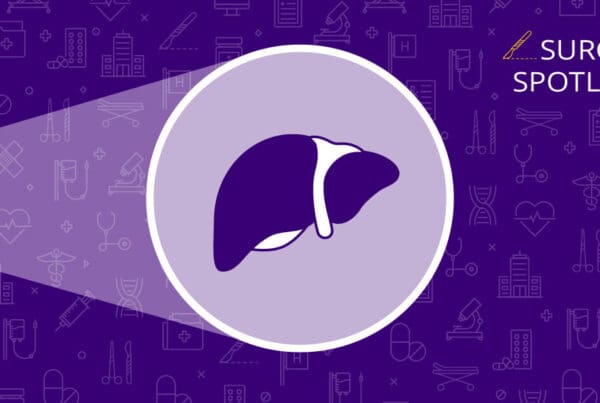Highlights | The benefits of telenutrition and telediabetes education
- UW Neighborhood Clinics offer telehealth nutrition and diabetes education appointments.
- Virtual visits allow dietitians to personalize patients’ care.
- They have also helped improve access for patients during the pandemic.
Telehealth nutrition care has been a long time coming at UW Medicine.
Alison Evert, MS, RDN, CDCES, manager of the Nutrition and Diabetes Education Programs at UW Medicine Primary Care Clinics, had been trying for a couple years to get telenutrition and telediabetes education up and running.
Piles of paperwork and poor coverage from insurance companies stood in the way of her and her team. Then, the pandemic began.
Initial struggles
At the start of the pandemic, all in-person medical appointments that were deemed nonessential had to be canceled — including all appointments with UW Medicine Primary Care dietitians.
“Our staff didn’t know what was going to happen. Our healthcare system began onboarding telehealth for hundreds of doctors and ARNPs, but dietitians and social workers weren’t included at first,” Evert says.
Then, in the middle of March 2020, Medicare (and soon, commercial payers) agreed to cover telehealth nutrition and diabetes education appointments. The UW Medicine Primary Care Clinics team were back in action.
Big payoff
Along the way, Evert notes that, in the scramble to get telehealth capabilities set up, the team forgot important things like notifying referring providers that dietitians could provide services via telehealth. Still, this hasn’t slowed things down at all. Evert says visits are up between 20-30% and, even though in-person visits are allowed again, most patients still opt for telehealth.
“We’re busier than we’ve ever been. Patients love it and we love it,” Evert says.
Improving care
Not only have telehealth visits helped patients access nutrition services during an unpredictable time, they have also spurred a slew of other benefits.
Virtual visits make personalizing the experience easier. Patients can walk into their kitchens and grab food items to show the label information or grab their dinner plates and ask if they’re a good size for portioning. They can also introduce foods from their culture that the dietitian might not be familiar with.
Dietitians are also able to instruct patients how to prep food and use kitchen tools successfully. Recently, a provider taught a patient how to safely use cooking knives.
“It was great because we wouldn’t have been able to bring a knife into the clinic!” Evert laughs.
The team are also diabetes educators, and virtual visits allow them the chance to show patients with diabetes crucial self-care skills, such as how to use a glucose monitor and how to inject insulin in the comfort of their own home.
Not only can patients see a dietitian about general issues or for diabetes education, they can also make a virtual appointment with a dietitian who works in a specialty service such as weight loss, digestive health or cancer care.
Since dietitians don’t do physical exams, Evert explains, there are no downsides to virtual visits.
Improving access
Virtual visits help provide access for people who wouldn’t otherwise have it.
“One main health disparity is transportation. Someone might be able to go to doctor to get their meds filled once a year, but that’s it. Our no-show rates are down as well,” Evert says.
Another barrier to care is language. Since one of the team’s dietitians, Yolian Calvo Diaz, MS, RDN, speaks Spanish fluently, Spanish-speaking patients can schedule appointments with her over telehealth whenever is convenient for them, without having to drive what might be a long distance to a clinic.
Additionally, during the pandemic, virtual visits give peace of mind to the team’s many patients who are older or who have preexisting conditions, such as diabetes or chronic kidney disease, and don’t want to risk an in-person visit. They are also helpful for parents who don’t have access to child care.
For patients who don’t have reliable internet access, the team offers phone appointments, too.
“Telehealth has been a silver lining for our team during the pandemic. We hope Medicare and commercial payers don’t take their coverage away once the public health emergency is over, especially because patients like telehealth so well,” Evert says.
The telehealth nutrition team at UW Medicine Primary Care Clinics includes Evert, Deb Katz, Yolian Calvo Diaz, Kristi Peterson and Whitney Thomas.


